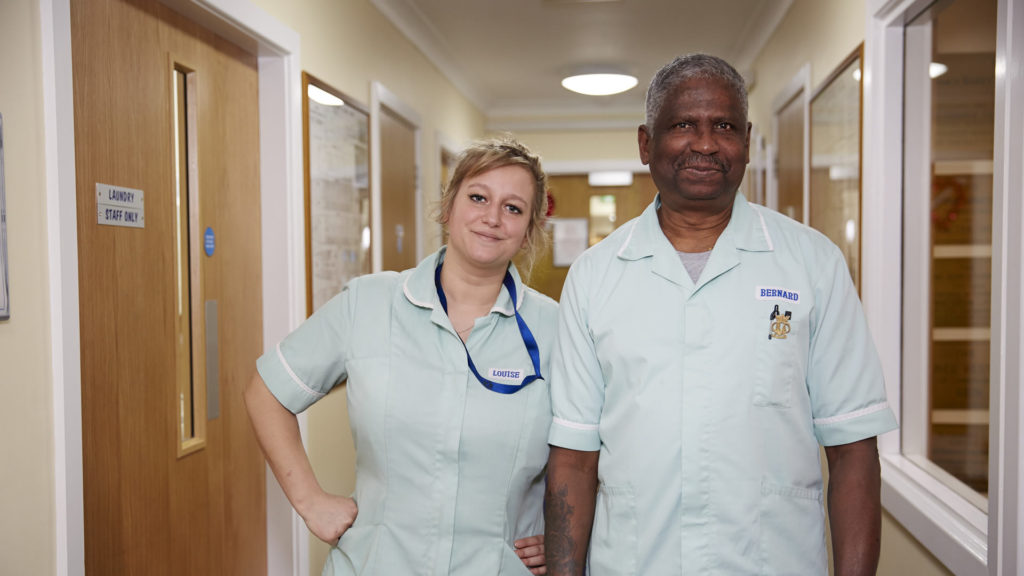
This is the editorial from our Pentecost 2021 newsletter. To access the full newsletter in your browser click here or to download as a pdf, click here.
Click below to listen to a recording
Ecclesiastes 2:24
As Pentecost approaches, we sense the pandemic is hastening a profound change in the life of the church: Revelation 3 speaks to us: “Whoever has ears, let them hear what the Spirit says to the churches.”
In its newfound vulnerability, the church is having a foretaste of what it could yet become: primarily to be a people. A people – not just inside the walls of weekly gathering places, but also outside structures, outside programmes – standing in relationship with others in the community. The church (in the sense of ekklesia, a body of faithful people) is being called to be a faithful neighbour, to fulfil its eucharistic vocation for the Common Good.
The recent anniversary of Rerum Novarum (“Of New Things” – the first encyclical of Catholic social teaching), reminds us that the calling of the church is to stand in solidarity with people in the reality of their lives. At its heart is the gospel assertion that humanity and nature are sacred, and that they must be defended. It describes in clear terms the forces that dehumanise and commodify: unequivocally asserting that human labour must take precedence over the interests of capital. It makes the crucial link between labour, community and a meaningful life.
So in this edition, we thought we’d feature the theme of the dignity of work. It is one of the key building blocks of our conception of the Common Good. Work is more than just a way to make a living – it is good for our humanity, because it is through work that we participate in God’s great creative plan.
Another of the great encyclicals, Laborem Exercens, states: “Let the Christian who listens to the word of the living God, uniting work with prayer, know the place that work has not only in earthly progress but also in the development of the Kingdom of God.”
It is through our work that God shapes the world. With the help of the Holy Spirit, we are called to be the embodiment of God’s purposes: through our efforts we make the invisible visible. Human labour is fundamental to the Christian conception of humanity.
So we are honoured to bring you two great essays. Jon Cruddas makes the case that since work is fundamentally a spiritual activity, the proposition of a Universal Basic Income is to be rejected, and the dignity of labour must be the cornerstone of the new politics of the Common Good. Luke Bretherton reveals the essential links between Christianity, human work and democracy through the authentic practices of organizing. Plus, to give you a grounded example of the church playing a key role in the retention and creation of jobs, we are delighted to have Andrew Bradstock telling the story of a time in Liverpool when working people were at the very heart of church leaders’ concerns.
Below you’ll find some recommended books and articles to help you read the signs of the times. And, we are pleased to announce a new series of public conversations – four over the next six months – in which we ask “What does the Common Good mean for families, for society, and for government?” You are warmly invited and we hope you will join us.
Holy Spirit, come to dwell in each of us this Pentecost, and remake us, Your church, anew.
Jenny Sinclair
Founder and Director, Together for the Common Good
Like what you are reading? More inspirational content from Jenny Sinclair can be found here: https://togetherforthecommongood.co.uk/news-views/from-jenny-sinclair
